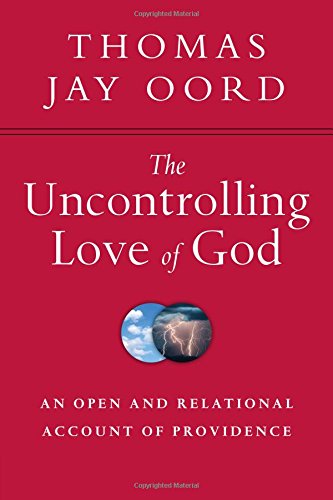Well known, and very focusing, words from the prayer we were taught. Who has not repeated it over and over again? So what are we asking for?
We can probably answer it two different ways (very broad and simplistic little division coming up).
We can easily say – righteous laws passed, abortion removed, the presence of ‘false’ religions reduced / removed… etc. Yes, been there and done that.
Or if we consider what makes up the culture of heaven… it is the place that exists in light and is full of uncontrolling love, to such an extent that it is love for the enemy.
So I am leaning toward the heart of the prayer is to call for a community on earth that loves the enemy. ‘Let your kingdom come, let your will be done on earth as it is in heaven’. It will indeed see a reduction in some of the classic things we want to see reduced in society… but if there is a resistance to a community that is marked by the uncontrolling love manifesting we have prayed something with our lips but resisted it with our being. (Reference the post from a few days back on Roman Religion.)
The cross brought to an end certain ways of being… we cannot quote some easy Scriptures concerning how the times vary, and there is a time for war (not getting into non-violent resistance within society… I appreciate the difficulty governments have). I am considering the tendency that seems to be rising (or simply manifesting more clearly) that defends use of physical force to bring in the kingdom of God. But we pray… let your kingdom come. A kingdom of uncontrolling love… now is that manifesting… or is it Roman (imperial) religion that wants to rise?
Four years before the angels came with the proclamation:
Glory to God in the highest heaven,
and on earth peace to those on whom his favour rests (Luke 2:14).
there was almost certainly a similar proclamation in Rome. The altar to Peace (pax) was dedicated in 9BC. It was built on the field (in the video interview with Stephen I said ‘hill’, I was confusing it with Mars Hill in Athens) that was known as Mars field (campus Martius), the field that was dedicated to the god of war. The altar was to honour the peace that Augustus Caesar had brought after 100 years of war. If this was not the declaration that was literally made it was certainly ‘made’:
Glory to the gods and to the great goddess Roma,
and on earth pax (Romana) to those who are now favoured by Rome’s benevolent rule.
All enemies gone. They are in submission… or eliminated.
Roman religion… or your kingdom come?

 I have for long leaned toward what is termed ‘Open Theology’, and perhaps Thomas Jay Oord’s book ‘Uncontrolling Love’ is one of the best presentations of it, presenting some fresh perspectives even beyond those of Pinnock et al. Of course there are always Scriptures that can be quoted with a loud voice that will denounce any opposing theology. This post is not to defend Open Theology as a theology but to suggest that we are at least to live as if we can shape the future.
I have for long leaned toward what is termed ‘Open Theology’, and perhaps Thomas Jay Oord’s book ‘Uncontrolling Love’ is one of the best presentations of it, presenting some fresh perspectives even beyond those of Pinnock et al. Of course there are always Scriptures that can be quoted with a loud voice that will denounce any opposing theology. This post is not to defend Open Theology as a theology but to suggest that we are at least to live as if we can shape the future.